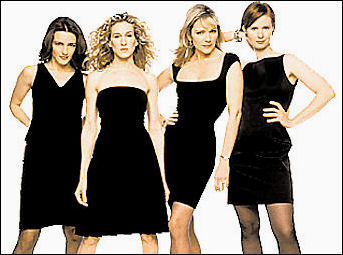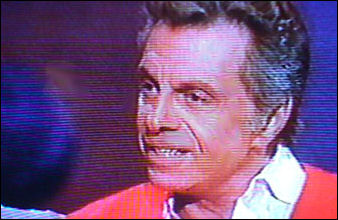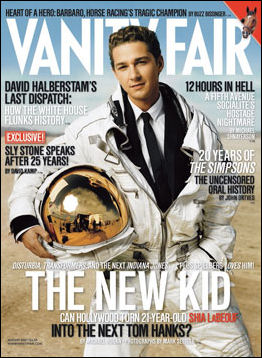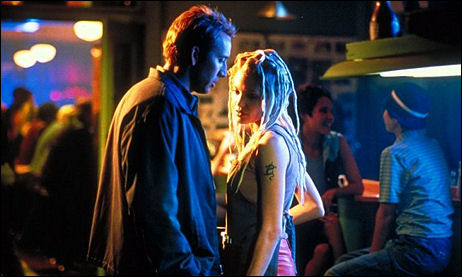The only way that Sex and the City movie will emerge with any depth or distinction is if director-writer Michael Patrick King (i.e., the long-running HBO show’s exec producer) makes it into a kind of Susanne Bier movie, or one that might have been directed by Lars von Trier.

It would have to be about serious female nerve-core stuff. Something tough, brutally honest — the kind of woman’s film in which the actresses are frequently shown without makeup and the chatty-girly dialogue isn’t overdone. Not conventionally “entertaining” in any way, shape or form. In short, a film that would need to risk angering fans of the show.
Another way to go would be to shoot it without any sex scenes whatsoever. A third way would be to make it as provocatively sexual as In The Realm of The Senses.
I’m just saying the obvious, which is that movies have to stand tall above TV — they have to take the higher, more refined road. I doubt very much doubt if King has the balls or the power to try any of these three options. With New Line Cinema close to a deal to finance and distribute, you can bet your life savings and your life insurance policy that the film will will pander to the schmoes. Sarah Jessica Parker, Kim Cattrall, Kristin Davis and Cynthia Nixon will all reprise their roles.





